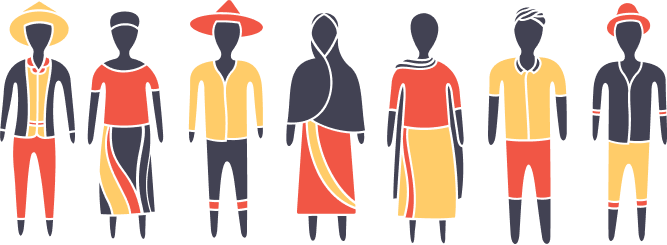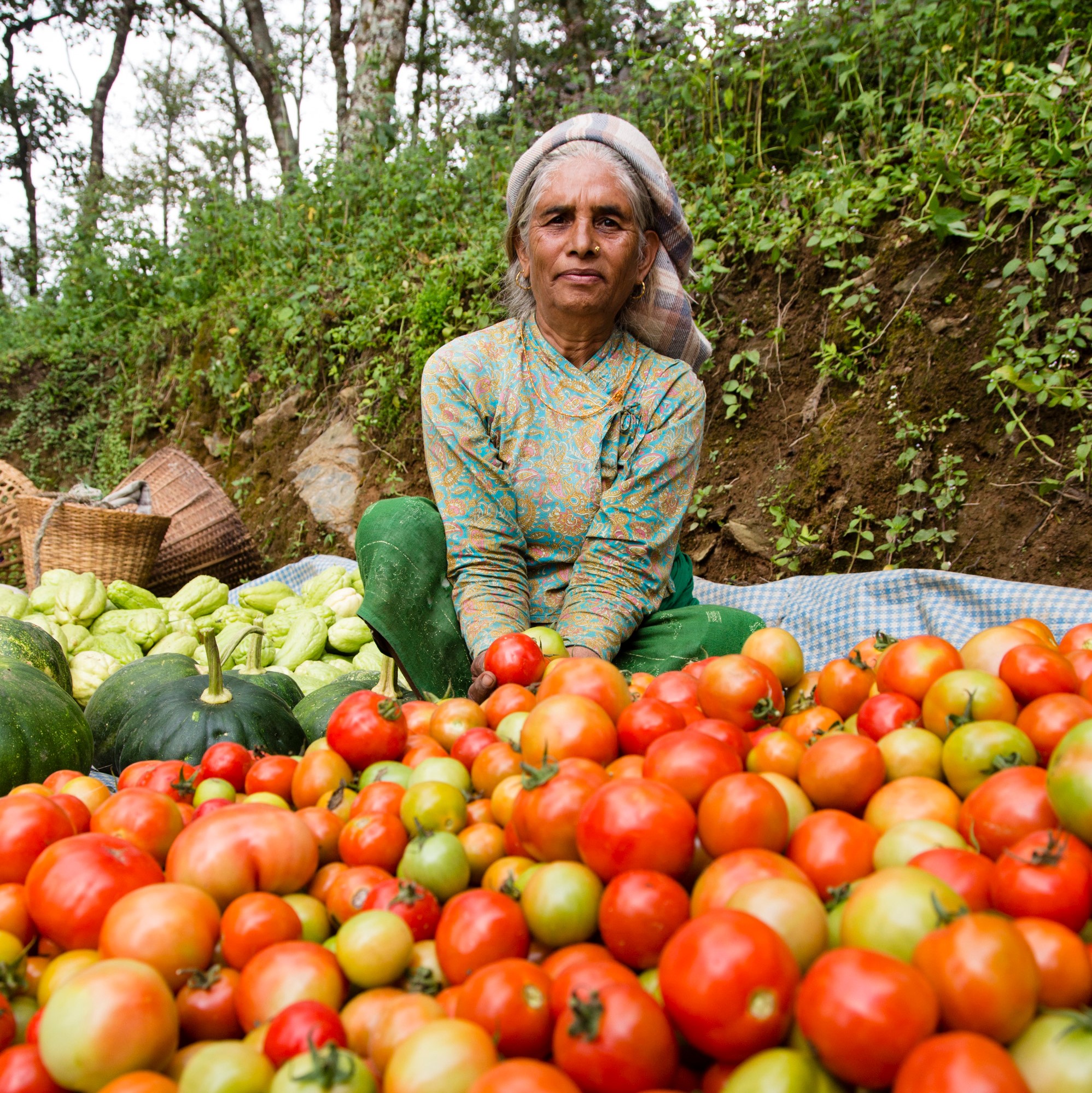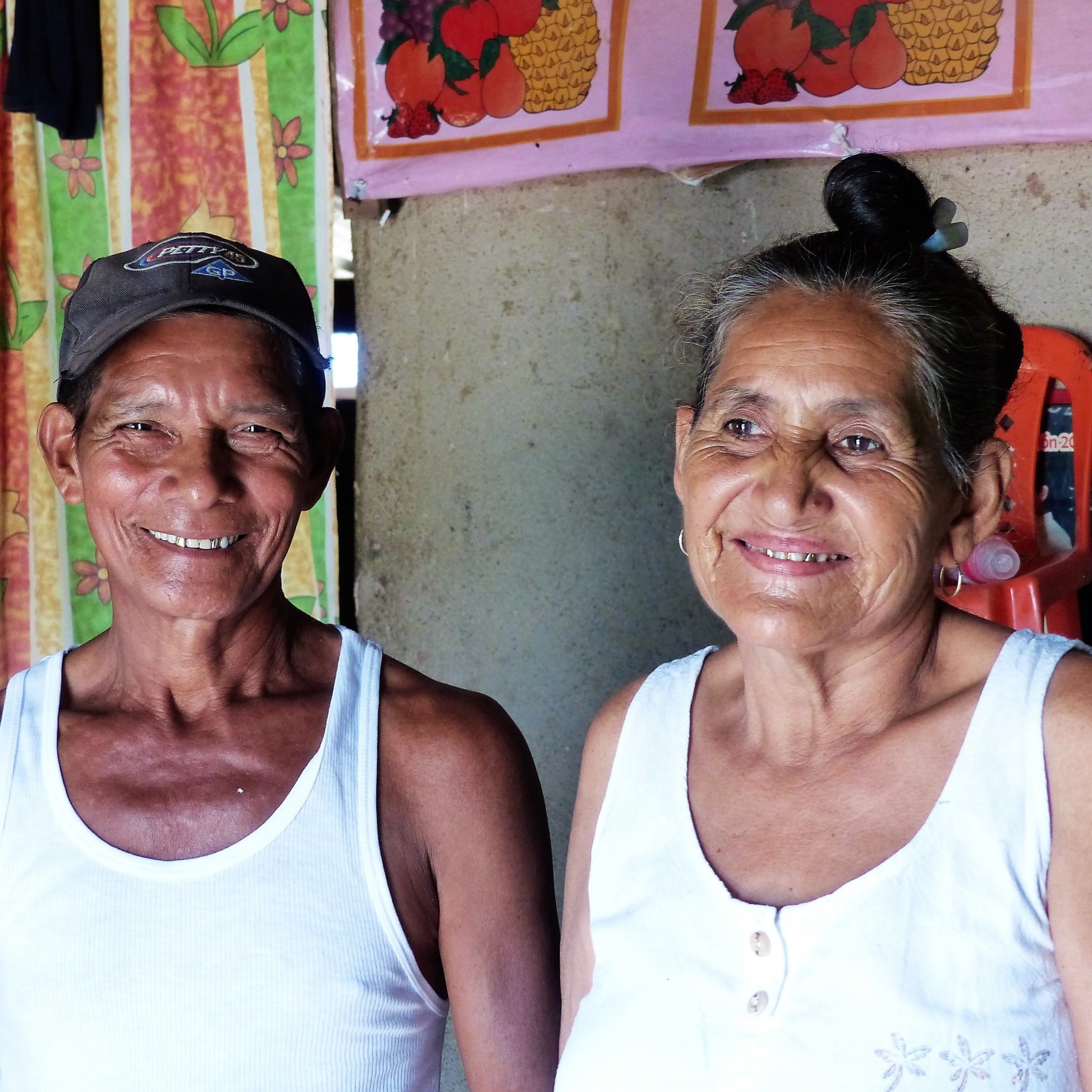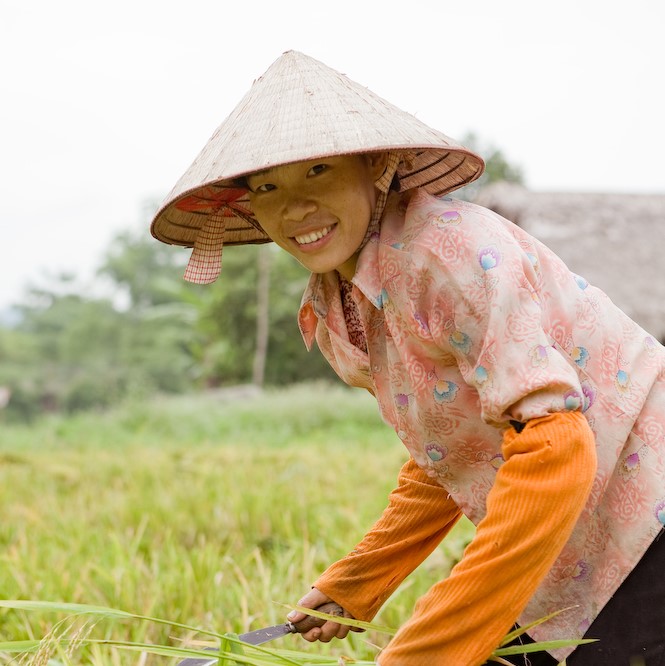Nepal
iDE has worked in Nepal since 1992. From irrigation and good-quality seeds to, more recently, rural collection centers where farmers can sell their produce, we provide simple innovations that help rural communities get out of poverty and adapt to climate change.

Around two out of three Nepalis are engaged in agriculture, mainly growing crops on small plots of land using basic farming methods. Yet many Nepalis in rural communities still don’t have enough nutritious food to eat. Poor access to high-quality seed, fertilizer, irrigation pumps (and knowledge of how to use them), and markets makes it difficult for them to earn a living. As a result, more than half a million Nepalis work outside the country, 95 percent of them male. Climate change is increasing the vulnerability of these already marginalized people.
Projects in Nepal
NEPAL | Dealing with new pests
80% of the population in rural Nepal depends on agriculture, and 60% of them are subsistence farmers relying on low-value, rain-fed crops.



